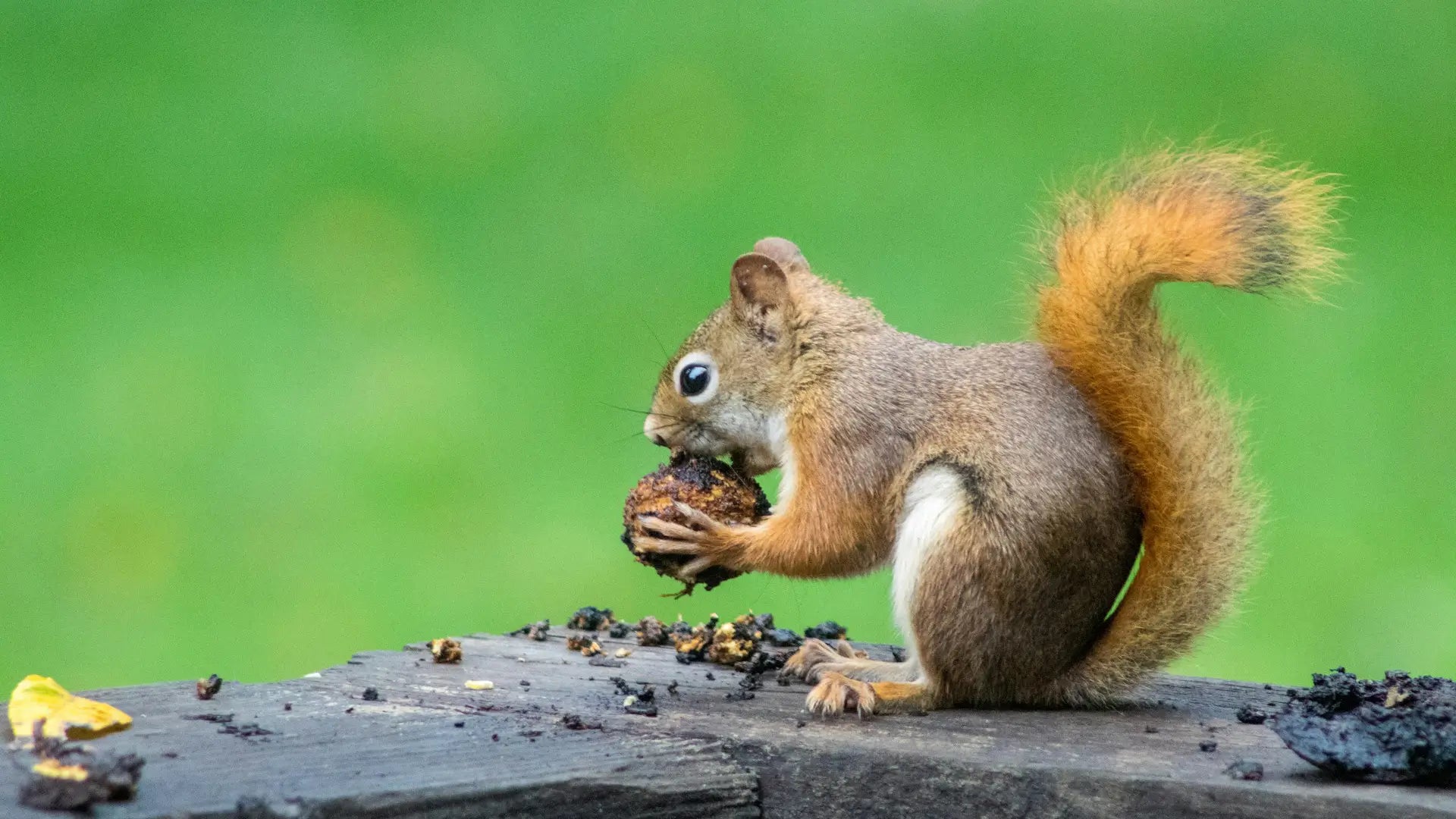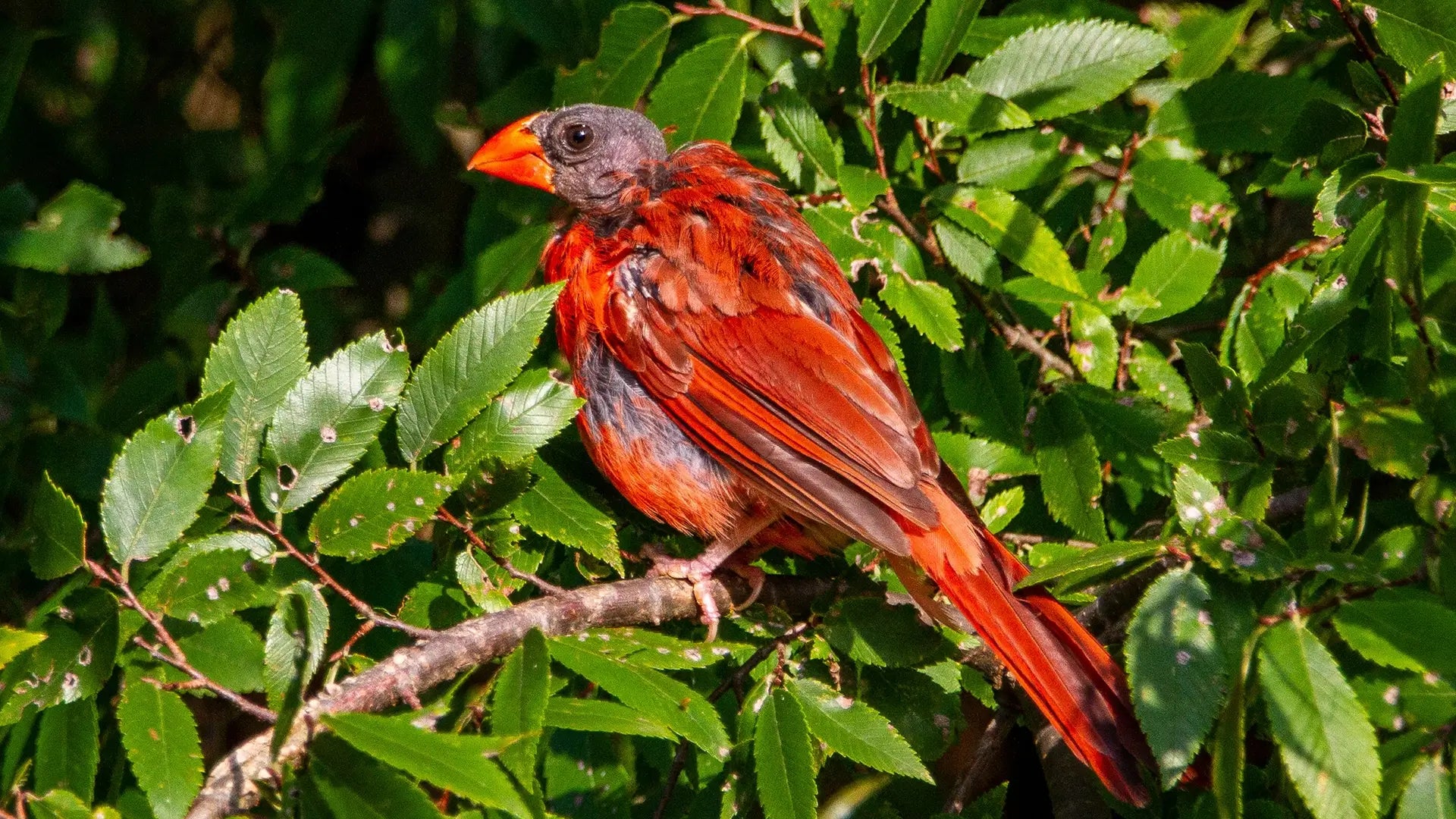Place the Bilantan Bird Feeder in secluded, well-lit areas facing natural backdrops and away from high-traffic spots to optimize energy efficiency.
The Bilantan Bird Feeder is designed with energy efficiency in mind. To optimize its performance, place it in secluded areas facing natural backdrops, away from high-traffic entrances, public spaces, roads, and heat flow areas. Ensure good lighting, avoid shadows and obstructions, and position the camera to capture complete bird images for accurate AI identification.
Improve energy efficiency
The Bilantan bird feeder utilizes infrared heat and motion detection technology, along with AI image recognition, to capture birds. When the camera detects a moving heat source, it activates detection and analyzes data to determine if it's a bird. This process consumes power. To ensure the feeder primarily operates for bird detection and conserves energy, please adhere to the following principles when selecting feeder locations.
Recommended Feeder Spots

Ideal Locations: Secluded areas facing trees or other natural backdrops.

Avoid: Public spaces, areas with regular human and car activity, and views of neighboring buildings or properties.
Avoid Moving Heat Sources
For the camera, any movement by humans, animals, or vehicles registers as a heat source, which can trigger the system unnecessarily. To minimize this and conserve energy, consider the following tips:
1. Avoid High-Traffic Entrances
Position the camera so it does not face doorways or entry points where family members frequently come and go. Regular human activity can trigger the sensor, wasting power on non-bird detections.

2. Steer Clear of Public Spaces
Do not aim the camera towards busy public areas like squares, parks, or other spaces where there is a high flow of people. These locations are likely to have constant movement that can falsely trigger the detection system.
3. Keep Away from Roads and Intersections
Ensure the camera is not facing roads or intersections where there is frequent movement of cars and people. Vehicles and pedestrian traffic are significant sources of heat and movement that can activate the feeder’s detection system unnecessarily.

4. Avoid Areas with Heat Flow
Do not place the feeder in areas where there is a significant amount of heat flow or convection, such as near HVAC exhausts or other sources of heat emissions. These can create false signals and cause the system to activate without any birds present.
5. Adjusting Solar Panel Angle
Ensure the solar panel face to the sun directly and there isn’t shadow on the surface of solar panel. We recommend to take the pole installation and don’t recommend to mounted on the tree which will make the solar panel under the tree shadow.

Improve bird identification accuracy
Maximizing the capabilities of Bilantan's artificial intelligence technology in bird identification depends greatly on choosing the right birdwatching location and the placement of the Bilantan bird feeder. Here are some practical suggestions:
1. Ensure adequate lighting

Ensure the Bilantan bird feeder is placed in a well-lit environment. Good lighting not only improves the quality of bird images but also helps the AI more accurately identify bird characteristics.
2. Avoid Shadows and Obstructions

In areas where birds are active, try to minimize obstructions and avoid casting shadows. This helps Bilantan's recognition system capture bird details more clearly.
3. Mind the Sun's Position

When choosing a birdwatching spot, be mindful of the sun's position to avoid direct sunlight on the camera lens. Direct sunlight can cause overexposure, affecting image quality and reducing recognition accuracy.
4. Adjusting Camera Angl

Ensure the camera captures complete bird images to enhance Bilantan's recognition accuracy. Avoid partial views like just the head, back, or tail. This improves identification speed and accuracy, enhancing your birdwatching experience.
"To enhance your birdwatching experience, consider using the BirdHi Mag Smart Bird Feeder. Its advanced AI and bird recognition features ensure accurate identification, making it an ideal tool for capturing detailed bird observations in well-placed feeders."
By following these tips, you can reduce unnecessary activations, save battery life, and improve the accuracy of bird identification, enhancing your birdwatching experience.
From Bilantan.com





Leave a comment
All comments are moderated before being published.
This site is protected by hCaptcha and the hCaptcha Privacy Policy and Terms of Service apply.